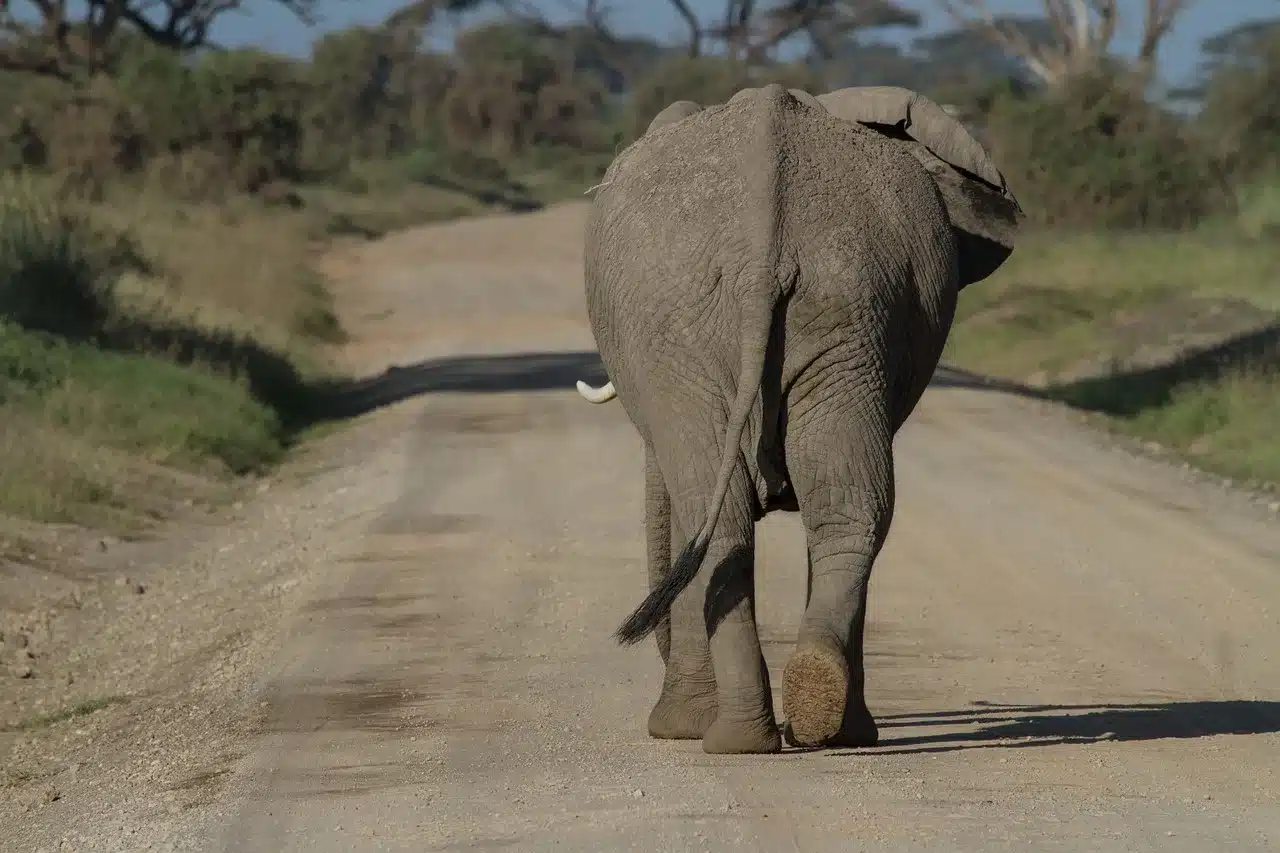KWS Proposes Increasing Entrance Fees to National Parks in 2024: What You Need to Know
Kenya Wildlife Service (KWS) has recently announced a proposed increase in entrance fees to the country’s national parks, set to take effect in January 2024. This decision has generated significant discussion and debate among both local and international visitors, as it raises questions about the balance between conservation efforts and accessibility to Kenya’s stunning natural landscapes. In this blog post, we will delve into the details of this proposal, its potential impacts, and the broader implications for Kenya’s wildlife conservation.
The Proposed Fee Changes
The proposed entrance fee adjustments by KWS vary depending on several factors, including the type of park, the residency status of the visitor, and whether one is visiting for a day or planning an extended stay. Here are some key highlights:
1. Differentiated Pricing: The proposed changes aim to introduce tiered pricing, with Kenyan citizens, East African residents, and international visitors each having separate fee structures.
2. Day Trips vs. Extended Stays: Fees for single-day visits will be lower than those for extended stays, encouraging longer visits and potentially boosting local tourism.
3. Child and Student Rates: The proposal includes discounted rates for children and students to encourage educational visits and family trips.
4. Premium Parks: Entrance fees for premium parks like the Maasai Mara and Amboseli are expected to increase substantially.
Implications of the Proposed Changes
1. Conservation Funding: KWS has stated that the fee adjustments are necessary to generate additional revenue for conservation efforts. The funds raised will be channeled into anti-poaching initiatives, habitat preservation, and wildlife protection.
2. Accessibility Concerns: Critics argue that the fee increases may deter local and budget-conscious international travelers from visiting national parks, potentially reducing the overall number of visitors.
3. Sustainable Tourism: The proposal also aligns to promote sustainable tourism. Encouraging longer stays could reduce the ecological footprint associated with frequent park entry and exit.
4. Local Economy: Increased fees may have positive economic effects on nearby communities by stimulating local tourism-related businesses, such as lodges, restaurants, and souvenir shops.
Community Involvement KWS acknowledges the importance of community involvement in the decision-making process. Public consultations have been ongoing to gather feedback and address concerns from various stakeholders, including tour operators, environmental organizations, and local communities.
Proposed 2024 Fee Increase Kenya: Structure
KWS’s proposed increase in entrance fees to national parks in Kenya, set to be implemented in January 2024, raises complex questions about the balance between conservation, accessibility, and sustainable tourism. While the additional revenue is essential for protecting Kenya’s unique wildlife and habitats, it is crucial to strike a balance that ensures these natural wonders remain accessible to all. As discussions continue, the outcome of this proposal will have far-reaching implications for Kenya’s conservation efforts and tourism industry. It is a critical topic to watch in the coming months as stakeholders work together to find common ground. Please see the attached rates for proposed fees for the year 2024.




